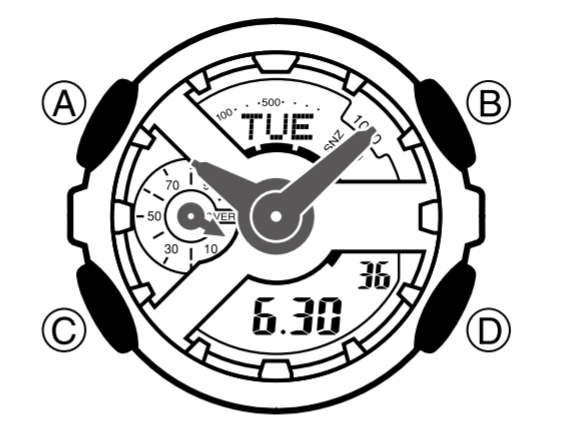The Competition That In-Person Gyms Are Facing This Holiday Season
In-person gyms are experiencing a huge resurgence in memberships post-pandemic, however, they still pace competition from companies, like Peloton and Mirror, that are invested in producing at-home gym technologies.
It looks like the fitness industry is headed for a healthy holiday season despite it not being a time of year most people focus on working out. However, a post-lockdown reset has led to a surge in memberships at in-person gyms and a decline in buying connected at-home fitness equipment like Mirror and Peloton. Fitness apparel companies also stand to benefit from a strong fitness-focused remainder of 2022.
The COVID-19 pandemic led to the fitness industry being on a virtual rollercoaster for over two years. People’s workout routines had to shift as many in-person gyms had to close during lockdowns, with many turning to connected at-home alternatives. Peloton and Lululemon-owned Mirror are two such devices whose popularity soared during the pandemic.
Now, the tables have turned. High inflation levels and the post-pandemic reset have been great for in-person gyms, especially bargain workout facility Planet Fitness. Meanwhile, Peloton and Mirror have seen fewer sales of their expensive at-home equipment.
Planet Fitness has reported record membership during 2022, enjoying an all-time high at the end of the third quarter. The in-person gym had 16.6 million members and added 29 new locations during the quarter. In addition, Planet Fitness CEO Chris Rondeau reported that members are showing up more often, working out an average of six times a month instead of five.

Rondeau also said that engagement at their in-person gyms is at or above 2019 levels, a date used to reference numbers before the pandemic changed behavior. Planet Fitness is known for its affordable gym memberships, with a minimum age of 13 which also attracts teenagers to their gyms. Membership cancellations are also down.
Life Time, a chain of luxury in-person gyms, is also seeing a positive trend despite the economic downturn. The company reported a 9% increase in memberships over the past year, welcoming 4,000 new members in the third quarter of 2022. Life Time has introduced pickleball and other new features at its self-named Athletic Country Clubs, to lure new high-income customers.
Peloton has entered into new partnerships to boost sales now that more people have returned to in-person gyms. Peloton hopes its partnership with Amazon will widen its customer base and help them sell its post-pandemic overstock. It has also decided to sell its internet-connected exercise equipment at Dick’s Sporting Goods, a large sports equipment retailer.
Even with these new collaborations, it still might not be a great holiday season for Mirror or Peloton. Some analysts predict that holiday gift-giving will be more subdued this year, with people choosing less expensive gifts than connected at-home gym equipment. However, both in-person gyms and at-home fitness equipment traditionally enjoy a boost in January as people set New Year’s resolutions to get healthy.
Lululemon executives did not disclose Mirror sales in their recent quarterly update but continue to invest in their at-home fitness products. They have a new $39 Mirror membership program that includes access to exclusive Lululemon fitness products and certain in-person workout options. Although at-home connected fitness equipment and subscriptions are here to stay, the degree to which they’ll compete against in-person gyms in the future remains to be seen.











